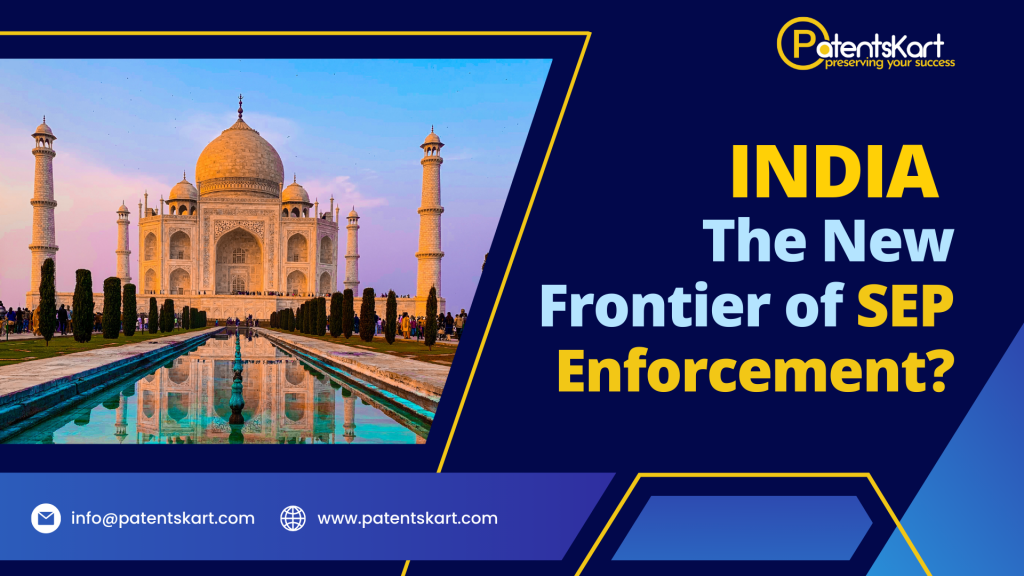India’s booming telecom sector and growing tech landscape have brought Standard Essential Patent (SEP) licensing disputes into the spotlight. This article delves into the current state of SEP litigation in India, anticipated developments in 2024, and why India is emerging as a preferred forum for resolving these complex issues.
Key Case Law Sets the Stage
Landmark cases like Micromax vs. Ericsson and Nokia vs. Oppo showcase India’s evolving approach to SEP disputes. Courts have established key principles, including basing royalty rates on comparable licenses and considering foreign parallel proceedings. Recent decisions highlight the intricate interplay between FRAND principles and patent infringement claims.
Harmonization and Clarity: Stepping Forward
Uncertainty regarding the Competition Commission of India‘s (CCI) jurisdiction in FRAND disputes has been addressed by the Delhi High Court, bringing much-needed clarity. This paves the way for efficient resolution of disputes and strengthens the legal framework for SEP licensing.
Looking Ahead: Shaping the Future of SEP Enforcement
Several key expectations shape the future of SEP litigation in India:
- Clarity on Royalty Rates: Courts are expected to provide clear guidelines for determining FRAND royalty rates, benefiting both SEP holders and implementers.
- Rise of Multi-Jurisdictional Disputes: India’s growing tech scene will likely see an increase in multi-jurisdictional SEP disputes, demanding effective management strategies.
- Competition Law’s Role: Further developments clarifying the CCI’s role in anti-competitive conduct related to patent licensing are anticipated.
India’s Advantages as a SEP Dispute Resolution Hub
Several factors make India an attractive choice for SEP disputes:
- Cost-Effectiveness: Litigation in India is generally more affordable compared to other jurisdictions.
- Faster Legal Processes: The Commercial Courts Act and specialized IP divisions in High Courts expedite proceedings.
- Pro-Innovation Government: Supportive government policies create a favorable environment for technology development.
Challenges and Opportunities
While backlogs in certain courts and uncertainties around royalty rates remain challenges, India is actively streamlining procedures and expediting patent grants. Stakeholders should closely monitor these developments and leverage the opportunities presented by India’s evolving SEP landscape.
Global Impact: A Dynamic Ecosystem
India’s approach to SEP licensing is influenced by global trends. Reforms proposed by the European Commission could act as a catalyst for similar considerations in India, fostering a more harmonized international landscape for SEP enforcement.
Conclusion
India’s potential as a global SEP hub in 2024 is significant. With a pro-innovation approach, a skilled judiciary, and advancements in the technology sector, India is poised to play a key role in shaping the future of SEP enforcement. By understanding the current landscape and anticipating future developments, stakeholders can effectively navigate the complexities of SEP disputes in this dynamic and evolving market.







